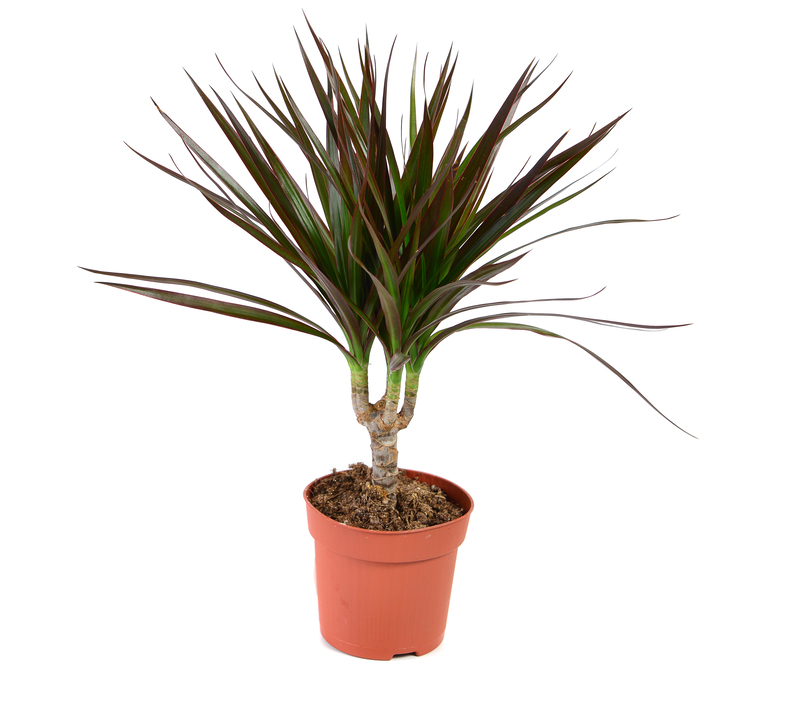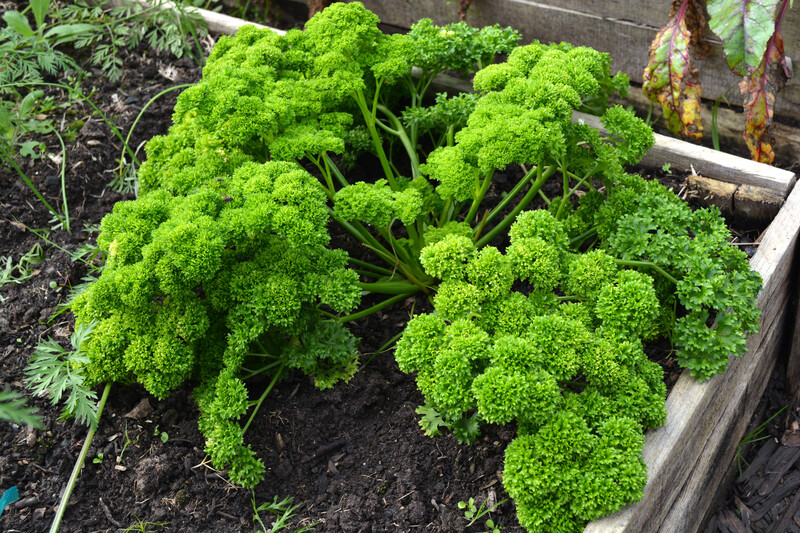Pioneer Your Garden Journey with 9 Tips for Novice Gardeners
Posted on 22/06/2025
Pioneer Your Garden Journey with 9 Tips for Novice Gardeners
Embarking on a garden journey can be a truly fulfilling experience. For many, it's not just a hobby - it's a way to reconnect with nature, relieve stress, and beautify your living space. If you're a novice gardener ready to cultivate your green thumb, these 9 essential tips will help you start your gardening adventure on the right foot.
Why Start Gardening? The Joys and Benefits Awaiting New Gardeners
Gardening isn't reserved for experts with sprawling yards. It's a hobby that beginners and urban dwellers alike can enjoy. From the satisfaction of nurturing seeds into blooming flowers or delicious vegetables to the proven health benefits of spending time outdoors, your gardening journey will be filled with discovery and rewards. Let's dive into how to become a confident gardener with some proven advice tailored for garden beginners.

Essential Gardening Tips for Novices: Cultivate Success from Day One
Tip 1: Start Small and Easy
If you're new to gardening, resist the temptation to transform your entire backyard at once. A successful start often begins with small, manageable beds or containers. This approach allows you to focus on learning without feeling overwhelmed.
- Select 1-3 small beds or large pots for your first season.
- Choose plants that suit beginners: herbs like basil, mint, or chives, or sturdy flowers such as marigolds and sunflowers.
- Track your progress with a simple garden journal.
Starting small also makes it easier to adjust if you need to move things or change your plan.
Tip 2: Understand Your Garden's Sunlight
One of the most common mistakes novice gardeners make is ignoring sunlight requirements. Every plant has different light needs:
- Full Sun: 6 or more hours of direct sunlight daily
- Part Sun/Partial Shade: 3-6 hours of sun
- Shade: Less than 3 hours of direct sunlight
Observe your garden throughout the day and record which areas get the most sun. With this knowledge, you can match plants to your unique environment, ensuring robust, healthy growth.
Tip 3: Know Your Soil
The foundation of any successful beginner garden is healthy soil.
- Conduct a simple soil test - most garden centers offer DIY kits.
- Check for texture - is your soil sandy, clayey, or loamy? Loamy soil is ideal for most plants.
- Enrich your soil with compost or organic matter to boost fertility and drainage.
Healthy soil is alive with microorganisms that nourish your plants. Even a raised bed or a container garden will perform better with the right soil mix.
Tip 4: Learn Watering Basics
Water is essential, but overwatering is a common mistake. The key for first-time gardeners is consistency and moderation.
- Check soil moisture before watering - stick your finger an inch below the surface; if it feels dry, it's time to water.
- Aim for deep, infrequent watering instead of frequent, shallow watering to encourage deeper roots.
- Water early in the morning to minimize evaporation and prevent disease.
Pro Tip: Mulching around your plants helps retain soil moisture and reduces how often you need to water.
Tip 5: Choose the Right Plants
Pioneering your gardening journey means selecting plants adapted to your local climate and your skill level. Don't be afraid to ask for advice at your local garden center or join beginner gardening workshops!
- Research your USDA Hardiness Zone or local growing zone.
- Opt for native species, as these are naturally resilient in your area.
- Mix perennials and annuals for season-long color and interest.
Starting with easy-to-grow plants will boost your confidence and inspire you to try new things each season.
Tip 6: Pay Attention to Plant Spacing
Good plant spacing is crucial for healthy growth. Overcrowded plants compete for light, water, and nutrients, making them more prone to pests and disease. Always follow seed packet or plant tag instructions - and when in doubt, give your plants a little extra space!
- Consider mature plant size, not just how they look at planting time.
- Arrange taller plants at the north or east side of your plot to avoid shading smaller varieties.
This attention to spacing helps you maximize yields and minimize future problems.
Tip 7: Embrace Mulching
Mulch is a beginner gardener's best friend! It serves multiple purposes:
- Suppresses weeds by blocking sunlight.
- Retains moisture in the soil.
- Regulates temperature to protect roots.
- Improves soil as it decomposes.
Try organic mulches like shredded leaves, wood chips, or straw to reap these garden care benefits.
Tip 8: Be Prepared for Pests and Problems
Every new garden faces challenges from pests, diseases, and weather. Don't let setbacks discourage you!
- Inspect your plants regularly for holes, discoloration, or spots.
- Encourage beneficial insects (ladybugs, lacewings) instead of automatically reaching for chemicals.
- Use barriers or netting for protection, and practice crop rotation if space allows.
The earlier you spot problems, the easier they are to manage. With a little vigilance, you can minimize setbacks and enjoy a thriving, healthy beginner's garden.
Tip 9: Celebrate Progress and Keep Learning
The most successful novice gardeners are those who enjoy the process, celebrate their wins, and learn from mistakes.
- Take photos and notes of what works (and what doesn't).
- Connect with local garden clubs or online communities for shared advice and encouragement.
- Visit public gardens or take gardening classes for ongoing inspiration.
Every season brings new lessons. With each mistake and every seedling that thrives, you're expanding your knowledge and passion for gardening.

Frequently Asked Questions
What is the easiest way to start a garden as a beginner?
Begin by choosing a small area or a few containers, select easy-to-grow plants such as herbs or annual flowers, and follow basic tips on soil, sunlight, and watering from this guide.
How often should I water my beginner garden?
Most plants do best with deep, infrequent watering. Check the soil before watering, and adjust according to rainfall and temperature.
What are some common mistakes novice gardeners make?
Typical beginner garden mistakes include starting too big, overwatering, ignoring sunlight needs, and overcrowding plants. Start simple and build your confidence season by season!
Conclusion: Your Garden Journey Awaits
Pioneering your garden journey as a novice gardener is about curiosity, patience, and celebrating each milestone. By starting with these 9 essential tips, you lay a strong foundation for a vibrant, flourishing garden you'll enjoy for years to come. Remember, every expert gardener started where you are now. With a dash of enthusiasm and the right information, your green thumb will grow in no time.
Ready to dig in? Share your questions, progress, or tips for other beginner gardeners in the comments below, and join the growing community of enthusiasts discovering the delight of gardening!

